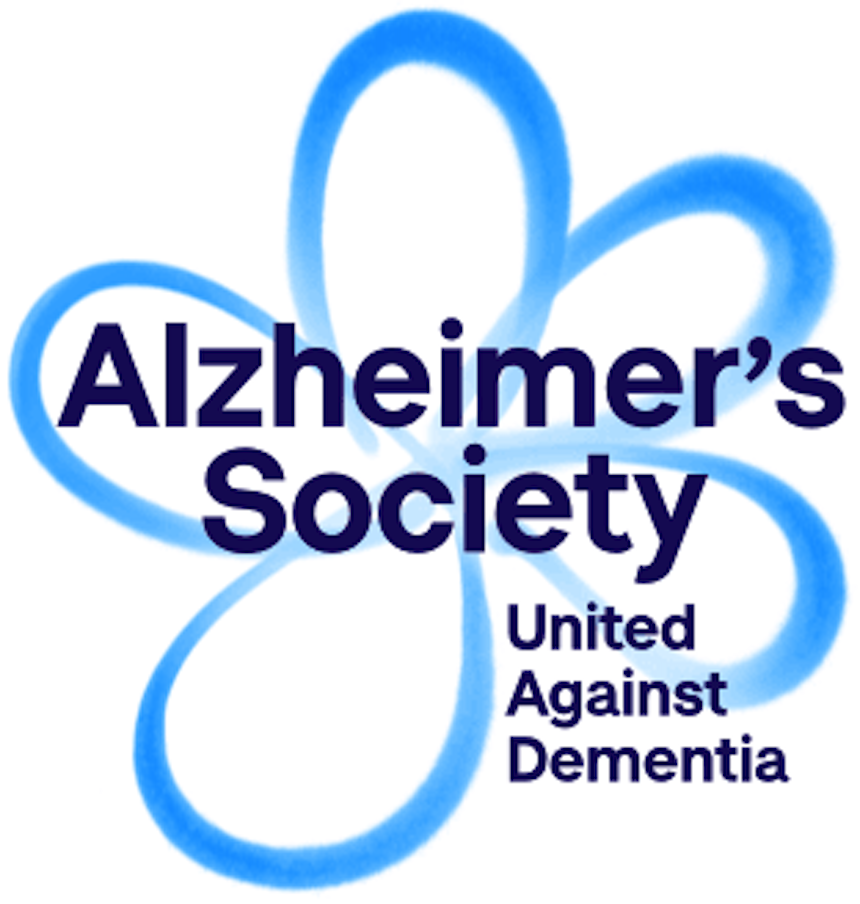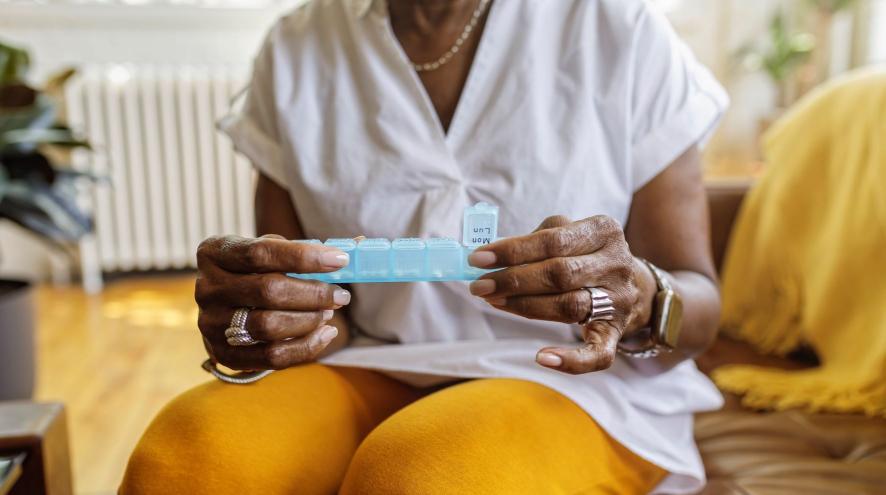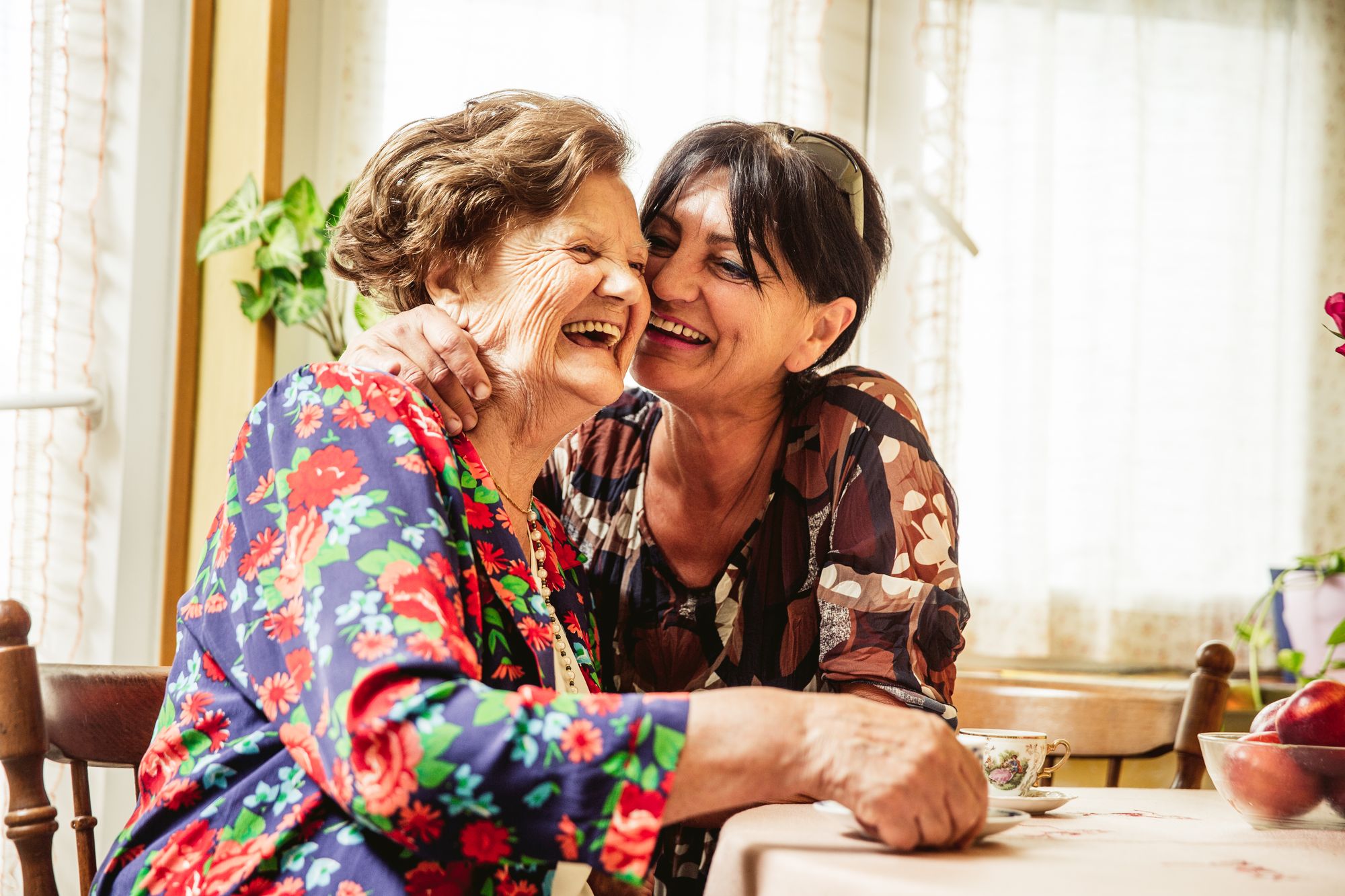Social activities
Many of those suffering from dementia avoid interacting with family members or friends, as they are recognizing their decreasing abilities and functioning and in turn are embarrassed or frustrated. The reversal of roles, where children are taking care of parents can make some isolate from social interactions with them. In addition, old friends can be subject of isolation or rude behaviour, as the person with dementia recognizes their friend being in good health, while they are not. However, the brain of people with dementia benefits from continuing to interact with friends and family.
Talk to family members and friends about the situation. This will help the family and friends around the person with dementia to show greater understanding of the limitation the disease puts on the individual. The person with dementia will be more likely to interact with others when they know they are in a safe environment.
Limit the number of visitors and length of visits. This can help the person not to be over stimulated and tired. Especially during holidays, the hectic and loud environment can overwhelm the person you care for. Too much stimuli can make the social interaction a negative experience for some.
Refresh their memory. It might be helpful to go over the names and faces of people you are meeting. This can boost their memory and make them feel more comfortable in the social interaction.
Arrange a convenient time for the visit. People with dementia often have fluctuations in stress, mood and shape during the day. Choose a time of day or of the week that is best for the person with dementia.
Adjust your response to inappropriate behaviour. If the person with dementia is being inappropriate or hurtful to you during social interactions, gently but firmly try to remind the person that their behaviour is inappropriate. Do not remind the person of the incident later.
Research dementia friendly activities in your neighborhood. Many museums, theatres and libraries are dementia friendly. Contact local museums/theatres/libraries and ask them about their facilities. Taking a visit to a museum might be a way to bring you closer together and find new ways to relate to each other.




https://www.dementiaguide.com/
Comments
Sign in or become a DemiCare member to join the conversation.








